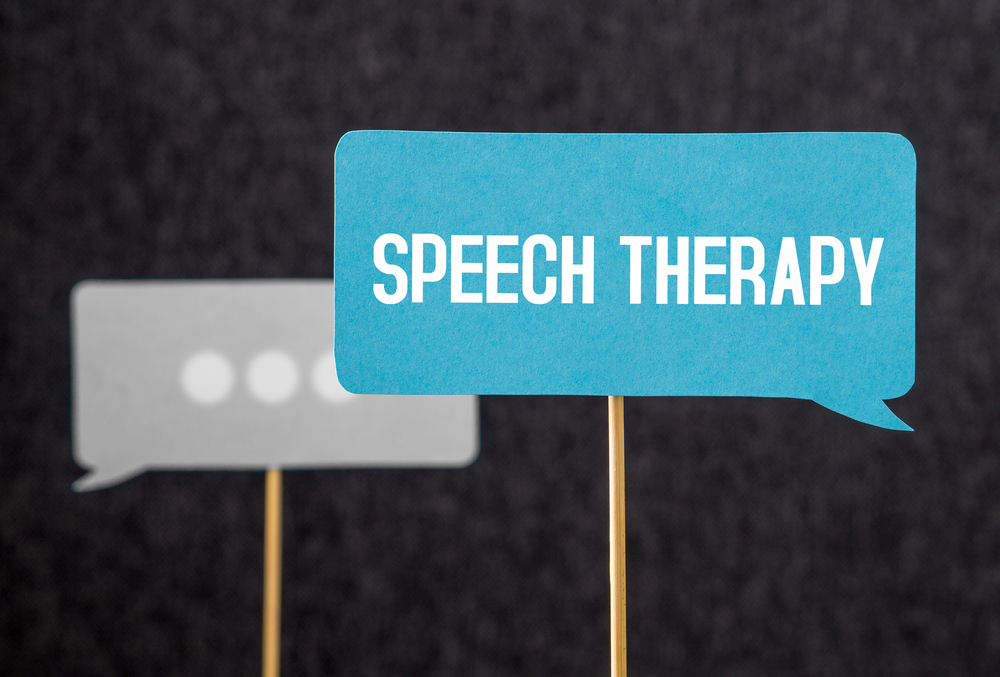#IARC2017 – At-home Speech Rehab Program Seen to Significantly Help Ataxia Patients

Ataxia patients who took part in a new, at-home program for speech impairment showed significant improvements in their ability both to speak more clearly and retain vocal control, results of a small four-week study showed.
These findings were presented in an IARC 2017 poster session by Adam P. Vogel with the University Hospital Tübingen, Germany and University of Melbourne, Australia. The presentation, “Speech Rehabilitation in Friedreich ataxia,” came on Friday at the International Ataxia Research Conference (IARC), which concludes Saturday in Pisa, Italy.
The ability to speak is often lost to people with Friedreich’s and other ataxias as their disease progresses, and to people with a range of other neurodegenerative diseases. This loss can be devastating, with patients feeling socially marginalized, unemployed or underemployed, and isolated.
Researchers developed a home-based, intensive four-week exercise program to improve speech in people with hereditary ataxias. The program is based on principles of motor learning and neuroplasticity (the brain’s lifelong ability to reorganize and form new neural connections). But its exercises focus on speech intelligibility and vocal control.
“We’ve designed a home-based treatment that uses biofeedback to improve self-monitoring of people’ speech,” Vogel said to Friedreich’s Ataxia News. “So that means that we can use visual, oral results feedback to inform the patient on whether their speech is less clear or clearer.”
The study enrolled 20 people with a degenerative ataxia: autosomal recessive spastic ataxia of Charlevoix-Saguenay (ARSACS), spinocerebellar ataxia type 6 (SCA6), SCA1, and SCA3. All completed the study.
“It’s a computer-based program that the patients do in their own home. Which means that they don’t have to go to the hospital … they can do it anytime they feel like,” Vogel said.
Changes in participants’ speaking and voice control were measured by a specialist using Direct Magnitude Estimation (DME), a perceptual scaling technique often used in studies involving people with speech disorders. DME typically uses a standard, or reference stimulus, classified as a good example of “midrange” intelligibility.
Patients’ mean intelligibility was 98.0 at baseline, increasing after the four weeks to 119.5. This mean increase was statistically significant, as “improvements from baseline in intelligibility of 5-10% represent clinically meaningful change in participants’ speech, including significant change in voice quality and naturalness in a variety of tasks (e.g. conversation),” the researchers wrote in their study.
Analysis found that most patients responded to the program protocol, and researchers detected individual relative increases in intelligibility of up to 80 percent.
This data suggest that speech rehabilitation may improve speech intelligibility and vocal control in ataxia patients.
“In those 20 participants, we found that 18 of them had an improvement in how clearly they were speaking,” Vogel said in the interview.
“What we are going to do now is follow them longer term … and we are also going to enlarge the number of participants,” he added.
In their study, the researchers concluded: “Our preliminary speech rehabilitation data has yielded promising results. Our pilot data shows that even mild dysarthria [impaired speech] improves with our intervention. The relative improvement is larger for those ataxia participants (SCA) with more severe dysarthria.”
Of note, the team is also using a karaoke game in these patients, with similarities to the home-based program.
“We are also trying a karaoke-based game on PlayStation called SingStar. We’ve got 10 people who are doing that. It’s got the same principles; it’s got visual feedback … it also gives the participant a score on how well they’re doing, and allows them to do something more fun,” Vogel said.
“Results are pending, but in the five people who have done it so far, there is a slight improvement in speech. Whether or not that is meaningful is hard to say,” he added.






